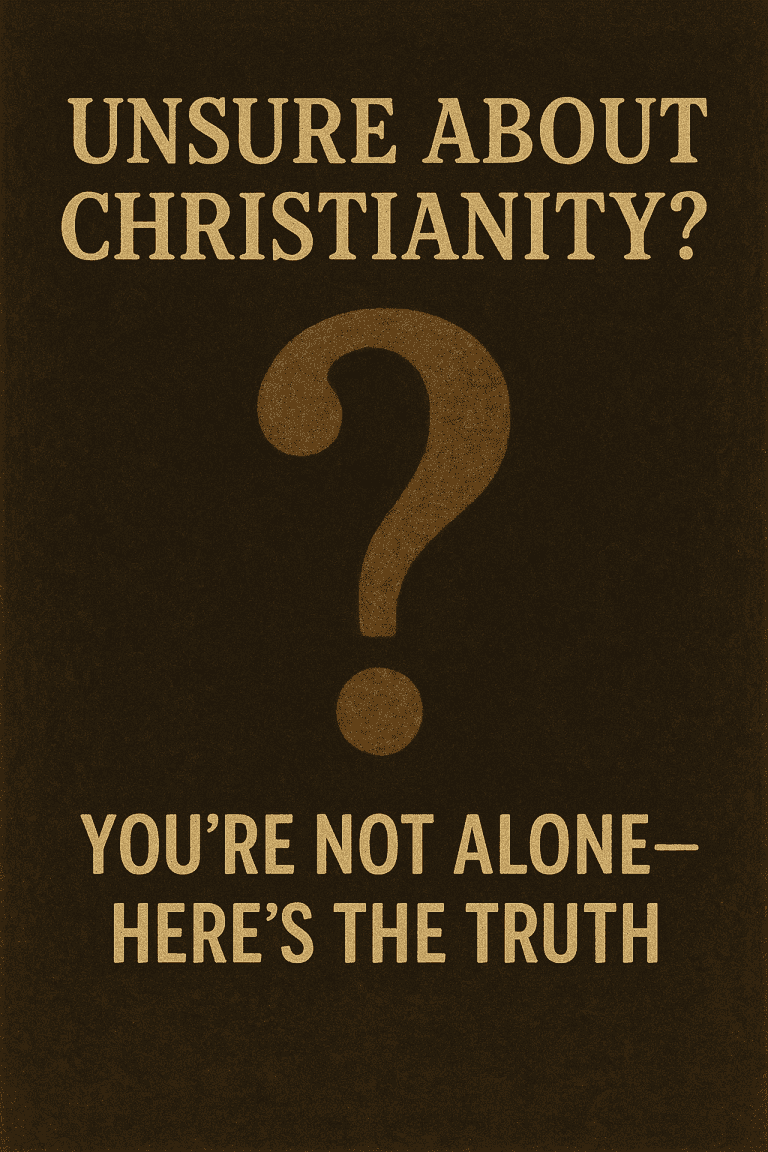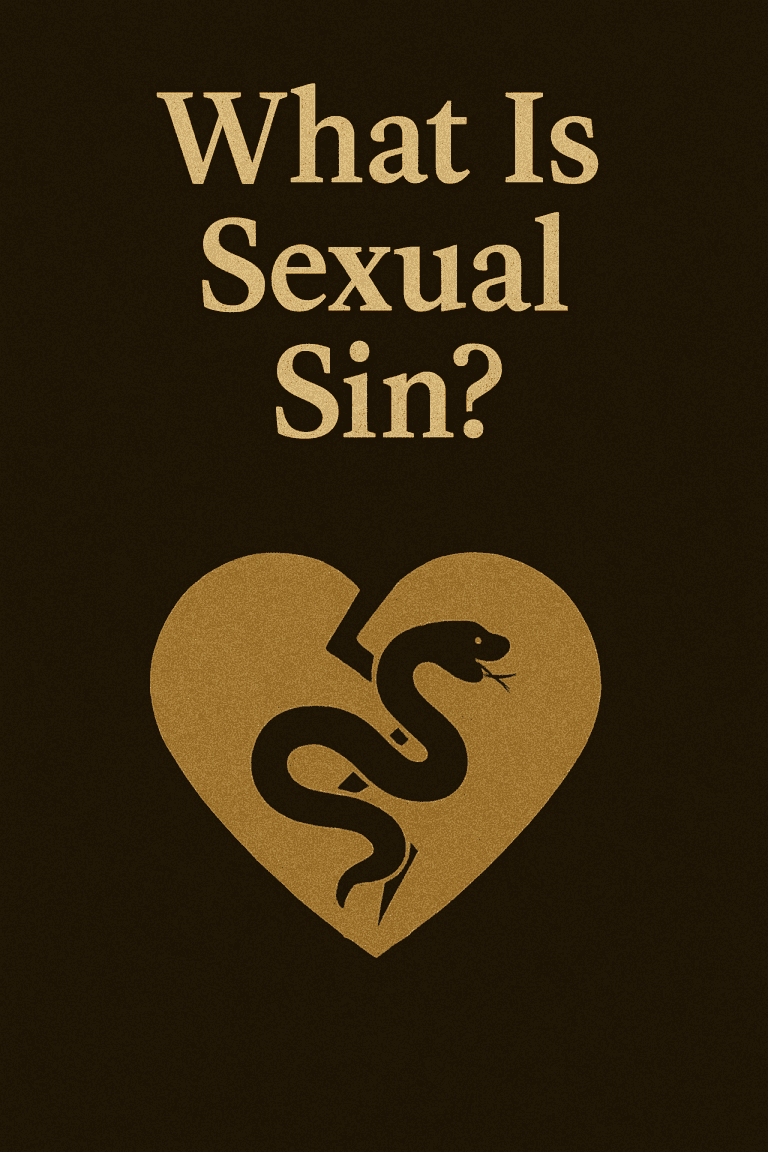Forms of Worship: How the Church Expresses the Same Faith in Many Ways
The church has always shown that the body of Christ may differ in form, yet remain one in faith. That truth is at the heart of all the forms of worship we see today. Step into almost any gathering of believers and you’ll notice the contrast immediately. In one room, voices rise in song; in another, heads bow in silent prayer. Some people picture worship only as music, but the Bible paints a far wider canvas.

Worship is also learning—listening to the sermon, studying Scripture, attending Sunday school, and absorbing truth with a willing heart. It’s serving quietly, giving generously, and showing reverence even in how we speak and listen. Over the years, I’ve seen worship take more shapes than styles, but every sincere form aimed at the same Person.
What Scripture Calls Worship
Before exploring how worship takes shape, we need to see what Scripture means by it. In Hebrew, shachah means “to bow down.” In Greek, proskuneō means “to kneel or to serve.” Worship, then, isn’t merely singing—it’s submission. It’s any act that exalts God and humbles self.
The Bible’s first image of worship isn’t music but sacrifice. Noah built an altar (Genesis 8:20). Abraham obeyed God’s call on Mount Moriah (Genesis 22). At Sinai, Israel encountered the God of holiness so powerfully that fear replaced presumption (Exodus 19:16–18). It was worship through reverence more than motion.
Worship, in every form, is the heart acknowledging who God is and responding accordingly.
That’s why understanding the forms of worship in the Bible matters: they reveal not just what people did, but how their hearts aligned with God’s character.
The Many Forms of Worship in the Bible
The Bible overflows with examples of worship. They range from the exuberant to the quiet, the public to the personal.
Singing and Praise
The Psalms resound with calls to “make a joyful noise” (Psalm 100:1). Music gives shape to joy, confession, and trust. I’ve stood in services where a simple hymn, sung without accompaniment, carried more power than any choir could muster. Song remains one of the most enduring forms of worship, echoing heaven’s sound on earth.
Prayer and Confession
Daniel prayed faithfully with his windows open toward Jerusalem (Daniel 6:10), and later confessed the sins of his people with humility (Daniel 9:3–5). Prayer and confession bring alignment between God’s will and our own hearts.
Service and Giving
Romans 12:1 calls believers to present their bodies as “a living sacrifice.” That means work, kindness, generosity, and obedience—all as worship. I’ve watched quiet acts of service in small congregations preach louder than sermons.
Sacrifice and Obedience
Abraham’s test in Genesis 22 reminds us that worship often involves surrender. Not all worship is emotional; some is costly. When we obey God even when it hurts, we participate in one of the deepest forms of worship there is.
Worship as Lifestyle, Not Event
True worship doesn’t end with the final song. Paul wrote that all of life is an act of offering (Romans 12:1–2). That means worship extends to the jobsite, the kitchen table, and the traffic jam.
I learned that truth years ago when I realized my gratitude or frustration at work said as much about my faith as any hymn I sang on Sunday. Worship isn’t what fills a sanctuary—it’s what fills a life.
Cultural Forms, Eternal Purpose
Culture shapes the form but not the focus. Revelation 7:9 pictures every tribe and tongue worshiping together before the throne. That diversity doesn’t divide heaven—it completes it.
I’ve attended churches where the instruments changed but the reverence didn’t. Whether guitars or organs, robes or jeans, the Spirit behind the act is what makes it holy. The forms of worship may look different, but they exist for one eternal purpose: to glorify the same Savior.
When Form Overshadows Faith
The prophets warned about empty ritual. Amos 5:21–24 records God saying He despised worship offered without justice or mercy. The danger hasn’t changed. When self-expression replaces submission, worship turns inward.
I’ve experienced that drift myself—times when emotion ran high but devotion ran thin. Those moments remind me that sincerity without truth is as hollow as truth without heart.
The Beauty of Unified Diversity

Healthy churches make room for multiple forms of worship yet remain centered on Christ. A structured liturgy and spontaneous praise can both honor God when humility governs them.
I’ve watched believers from vastly different traditions find common ground in prayer circles and communion tables. When the focus shifts from method to Master, differences become strengths instead of barriers.
Practical Ways to Broaden Your Worship
Worship deepens when we practice it in more than one way:
- Read and pray through Psalms aloud.
- Serve someone without recognition.
- Give quietly.
- Practice gratitude before complaining.
- Sing truth daily, even alone.
Each act reflects one of the biblical forms of worship—praise, service, sacrifice, or meditation—and together they train the soul toward reverence.
Worship Beyond the Service
What happens after the final “amen” may reveal more about worship than anything sung before it. True worship follows believers into ordinary life—how we treat coworkers, family, and strangers. That’s why Paul called our whole lives “a living sacrifice.” When a church’s Sunday sound shapes its Monday conduct, forms of worship become visible to the watching world.
One Heart, Many Forms
God designed many forms of worship so that every believer, culture, and generation could glorify Him. The method may change, but the message cannot: Christ is worthy.
Every generation wrestles with how to sing its faith into the noise of its age. The form will change, but the assignment never does—to magnify Christ above all.
The day we stop competing over form and start surrendering in spirit, worship will once again sound like heaven on earth.
Read More from Walt Roderick
If this reflection helped you see worship more clearly, explore more from this series:
- Why Worship Style Matters (and What God Actually Cares About)
- What It Means to Be a Traditional Church (and Why It Still Matters)
- Traditional Church vs Contemporary Church: What’s the Real Difference?
Walt Roderick is a Christian writer who cares more about biblical clarity than online applause. He writes to strengthen believers and confront spiritual drift.






